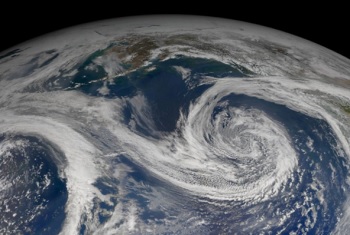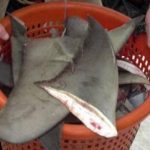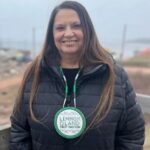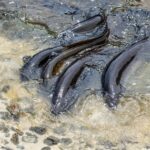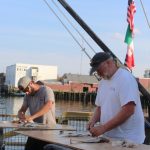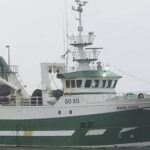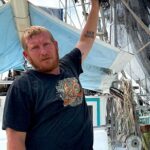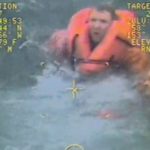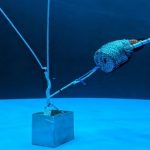Tag Archives: North Pacific Anadromous Fish Commission
BOF declines to lower hatchery production levels
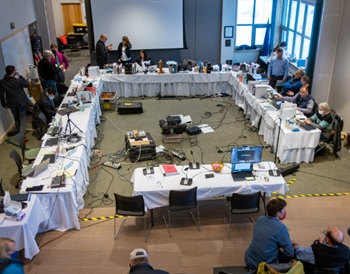 A proposal to lower hatchery production to its 2000 level went down in defeat at the Alaska Board of Fisheries meeting on Monday, March 4 in a 1-6 vote, after the majority of the board concluded that hatchery raised salmon were not causing undue harm to wild stocks. The decision came after extensive testimony, mostly from fishing industry activists opposed to Proposal 43, which was offered by the Fairbanks Advisory Committee to the Board of Fisheries. The board also took testimony at its Lower Cook Inlet meeting in Homer Nov. 26 through Dec. 1, but postponed any action until its Upper Cook Inlet meeting, from Feb. 23 through March 5 in Anchorage. more, >>click to read<< 13:09
A proposal to lower hatchery production to its 2000 level went down in defeat at the Alaska Board of Fisheries meeting on Monday, March 4 in a 1-6 vote, after the majority of the board concluded that hatchery raised salmon were not causing undue harm to wild stocks. The decision came after extensive testimony, mostly from fishing industry activists opposed to Proposal 43, which was offered by the Fairbanks Advisory Committee to the Board of Fisheries. The board also took testimony at its Lower Cook Inlet meeting in Homer Nov. 26 through Dec. 1, but postponed any action until its Upper Cook Inlet meeting, from Feb. 23 through March 5 in Anchorage. more, >>click to read<< 13:09
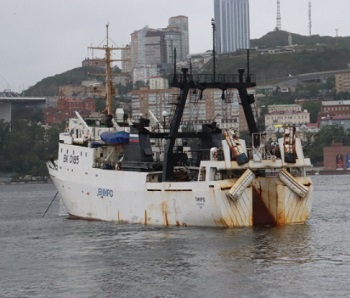
Despite Ukraine invasion, the U.S. and Russia are still working together to solve salmon mysteries
Tensions continue to simmer between Moscow and Washington in the wake of Russia’s invasion of Ukraine. In many respects, the divide between East and West is deepening: Oil companies are canceling partnerships with Russian firms. State legislators are calling for the state’s sovereign wealth fund to dump Russian investments. President Joe Biden announced Tuesday the U.S. would close its airspace to Russian aircraft. But the United States and Russia are continuing to work together on at least one issue: salmon. >click to read< 10:10
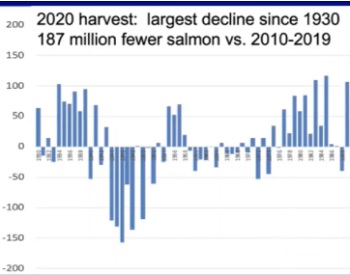
The big bust
The 2020 decline in North Pacific salmon numbers appears to have been the greatest in recorded history, according to a trio of scientists who’ve spent much of their careers studying the secret lives of salmon in the ocean. They suggested to the North Pacific Anadromous Fish Commission (NPAFC), an international monitoring group, that the crash was likely driven by warmer ocean waters and an explosion of pink salmon in 2018 and 2019.,, “Unexpectedly, the high abundance of Pacific salmon came to an abrupt end in 2020. Preliminary commercial catch statistics for all salmon species indicate Pacific salmon harvests, which provide an index of abundance, declined more in 2020 than in any other period on record since 1930. >click to read< 11:01
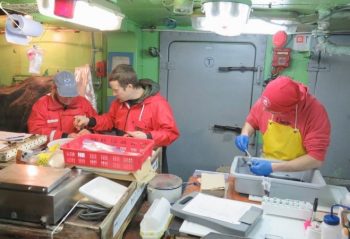
Salmon researchers seek funds for expanded expedition in 2020
Organizer Richard Beamish, emeritus scientist at Fisheries and Oceans Canada’s Pacific Biological Station in Nanaimo, is seeking $1.5 million from governments, the private sector and non-profit organizations — the same groups that funded his 2019 expedition. Next year’s survey would again be supported by the North Pacific Anadromous Fish Commission, an international organization based in Vancouver. The 2019 expedition was a signature project of the International Year of the Salmon program, which is backed by the Anadromous Fish Commission, as well as the North Atlantic Salmon Conservation Organization and other partners. >click to read<20:27
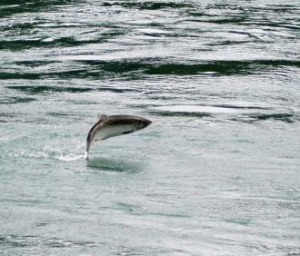
Resolutions Introduced in 3 States to Designate 2019 as International Year of the Salmon
State representatives from three states are introducing resolutions and a joint memorial this week to recognize 2019 as International Year of the Salmon.,, Rep. Geran Tarr of Alaska, Rep. Debra Lekanoff of Washington, and Rep. Ken Helm of Oregon are working on the initiative in concert with the North Pacific Anadromous Fish Commission and the North Atlantic Salmon Conservation Organization. >click to read<20:01
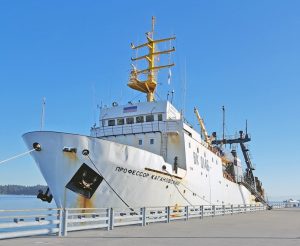
International team of salmon scientists back in port, raring for another mission
The organizer of a month-long Gulf of Alaska salmon survey is already thinking about how to raise money for another trip in the winter of 2020, now that the Russian trawler used in the expedition has finished its job and tied up in Nanaimo. “From what I’ve seen, this needs to be done again,” said Richard Beamish, who came up with the idea of the expedition to mark the International Year of the Salmon with the North Pacific Anadromous Fish Commission. Future surveys would build on data collected by the 21-member volunteer team of international scientists from the five salmon-producing Pacific Rim countries: Canada, Russia, the U.S., Korea and Japan. >click to read<11:52
B.C.-led international expedition to probe ailing Pacific salmon stocks
An unprecedented international collaboration could revolutionize salmon science and fisheries management, return forecasting and even hatchery output. Nineteen scientists from Russia, Canada, the United States, Japan and South Korea are set to probe the secret lives of five Pacific salmon species with a four-week grid search and test fishery across the Gulf of Alaska. The expedition begins next week aboard the Russian research ship MV Professor Kaganovsky. “We know virtually nothing about what happens to salmon once they leave near-shore waters in the Salish Sea,” said expedition organizer Dick Beamish. >click to read<13:56
Coast Guard halts engagements after Russian annexation

 JUNEAU — Political fallout from Russia’s military-backed annexation of the Crimean Peninsula has hit Alaska’s fisheries. The annual U.S. Coast Guard/Russian Border Service meeting to coordinate spring enforcement plans of the United Nations ban on high seas drift netting is on hold. Read more here 14:07
JUNEAU — Political fallout from Russia’s military-backed annexation of the Crimean Peninsula has hit Alaska’s fisheries. The annual U.S. Coast Guard/Russian Border Service meeting to coordinate spring enforcement plans of the United Nations ban on high seas drift netting is on hold. Read more here 14:07
Operation aims to chase the last drift nets out of the North Pacific
 Once the domain of environmental-conservation groups like Sea Shepherd, the campaign against drift nets has become an increasingly high-tech effort. Operation High Seas Driftnet is run by enforcement agencies in five countries – Canada, the United States, Russia, Japan and South Korea. more@globeandmail 17:12
Once the domain of environmental-conservation groups like Sea Shepherd, the campaign against drift nets has become an increasingly high-tech effort. Operation High Seas Driftnet is run by enforcement agencies in five countries – Canada, the United States, Russia, Japan and South Korea. more@globeandmail 17:12






